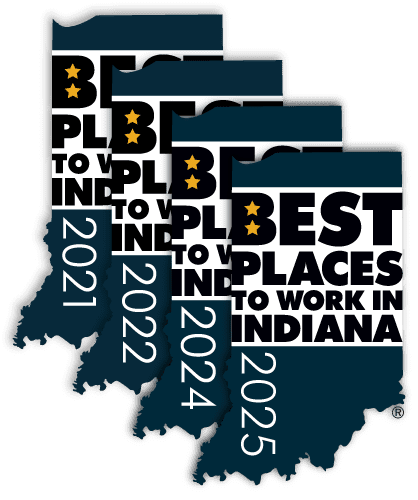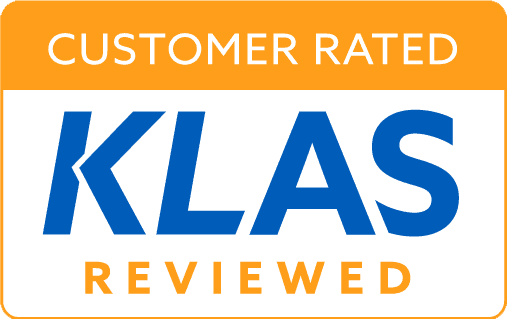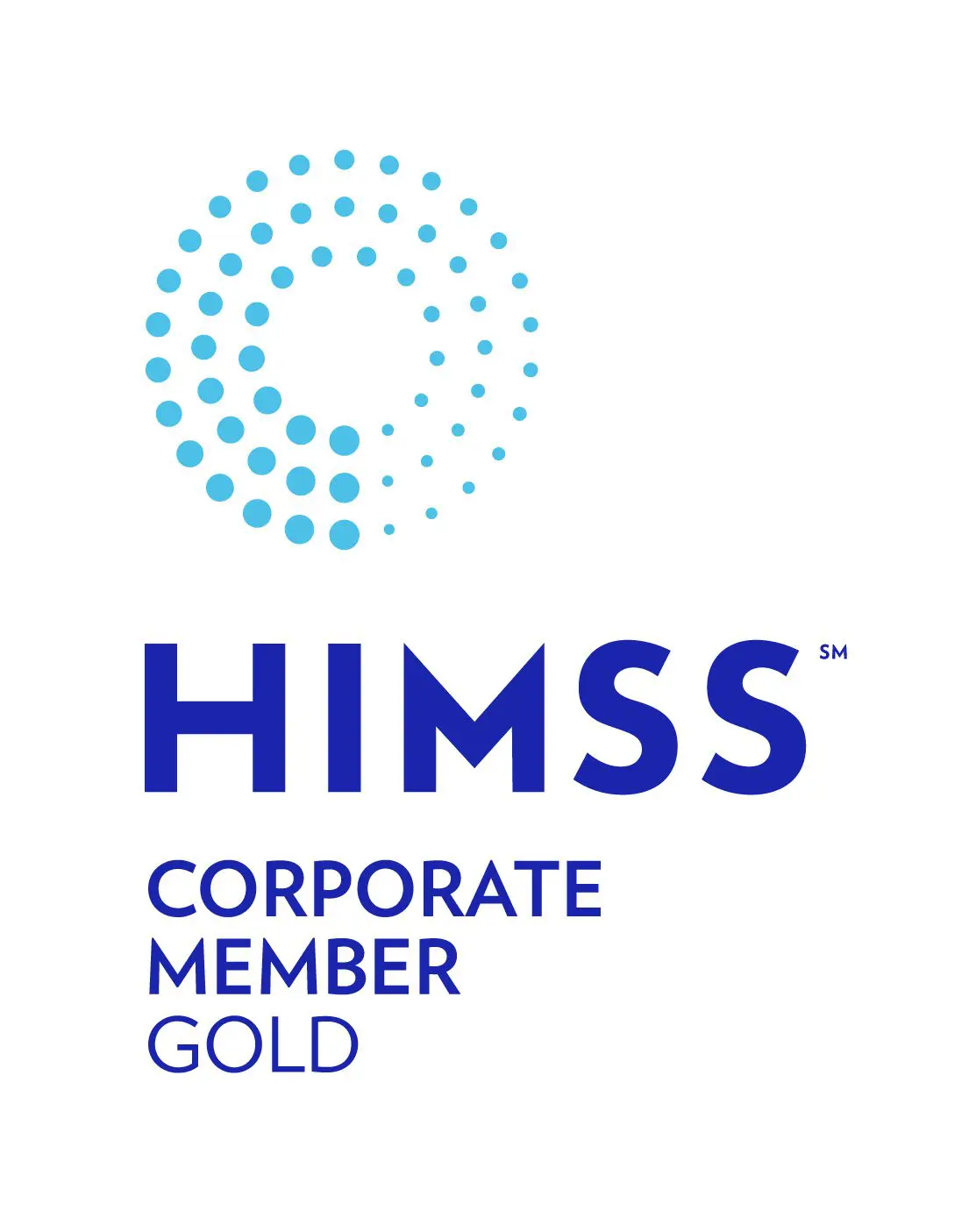
Years ago, EHR adoption was the focus. Now, there are many parallel fast-tracks that your healthcare IT team has to manage – system replacement, record retention requirements, record retrieval, security issues, legal needs and more. Plus, there now is more of an interest to upgrade the quality of content housed within the electronic record and ensuring it is authentic, as the value of legacy data is continuing to be demonstrated. It’s called record management fitness.
In a report published by The Sedona Journal, the legal-focused author team reports that:
Eventually, record requirements will include both content and authentication specifications. But until then the industry is relying on The Joint Commission’s Hospital Accreditation Standards which includes minimum content requirements and guidelines for accuracy.
The team reviews the shortcomings of the data in some current EHR’s as a lack of making record-management fitness a priority during the adoption phase.
“Advancing EHRs as reliable records will also improve the systems’ abilities to provide the right information (data sets) in the right way (format) at the right time. To achieve this in the absence of national requirements, it is important for producing entities to test their EHR systems and meticulously review (and periodically reassess) outputs to understand what their systems will produce. Determining reasonable expectations of ROI production requests can be challenging, although at least one commentator notes that it is reasonably likely that the producing entity’s efforts will be a ‘failure.’”
http://www.craigball.com/EDD-The%20Practical%20Plaintiffs%20Guide.pdf
Our team is in the field daily with clients that are refining and managing the mountains of information they are required to retain. We see, and are a part of, the critical decisions about how to ensure the information is accurate, available and secure for years to come. It is staggering to think that discovery costs can range from $5,000 to $30,000 per gigabyte. There is a real cost benefit to improving interoperability and securing access to historical records.
Our team at Harmony Healthcare IT and Warner Norcross & Judd co-authored a white paper to showcase best practices for healthcare providers to mitigate legal risks, retain required data – especially in the case of EHR replacement – and build a cross-functional team to define a long-term data management plan that uses technology in a searchable and HIPAA-compliant format. Lowering overall health record retention costs with an eye on information efficiency and compliance are key points covered in the report.
We also recorded a webinar that provides information for healthcare organizations about the legal aspects of an enterprise-wide approach to data retention:
- how to mitigate legal risks by being prepared for litigation and audit eDiscovery
- what data to save and the issues that may arise when replacing systems
- how to govern data with technology as well as a cross-functional team
The session lasts for about 30 minutes with Q&A.
The content is ideal for representatives from legal, auditing, compliance and HIM. Other interested parties may include IT, finance, and clinical operations.
Our mission is to preserve vital information that improves lives.
Editor’s Note: The Sedona Journal is a publication of The Sedona Conference (TSC) a nonpartisan, nonprofit 501(c)(3) research and educational institute dedicated to the advanced study of law and policy in the areas of antitrust law, complex litigation, and intellectual property rights. The mission of TSC is to move the law forward in a reasoned and just way through the creation and publication of nonpartisan consensus commentaries and through advanced legal education for the bench and bar. For more info, click here.






